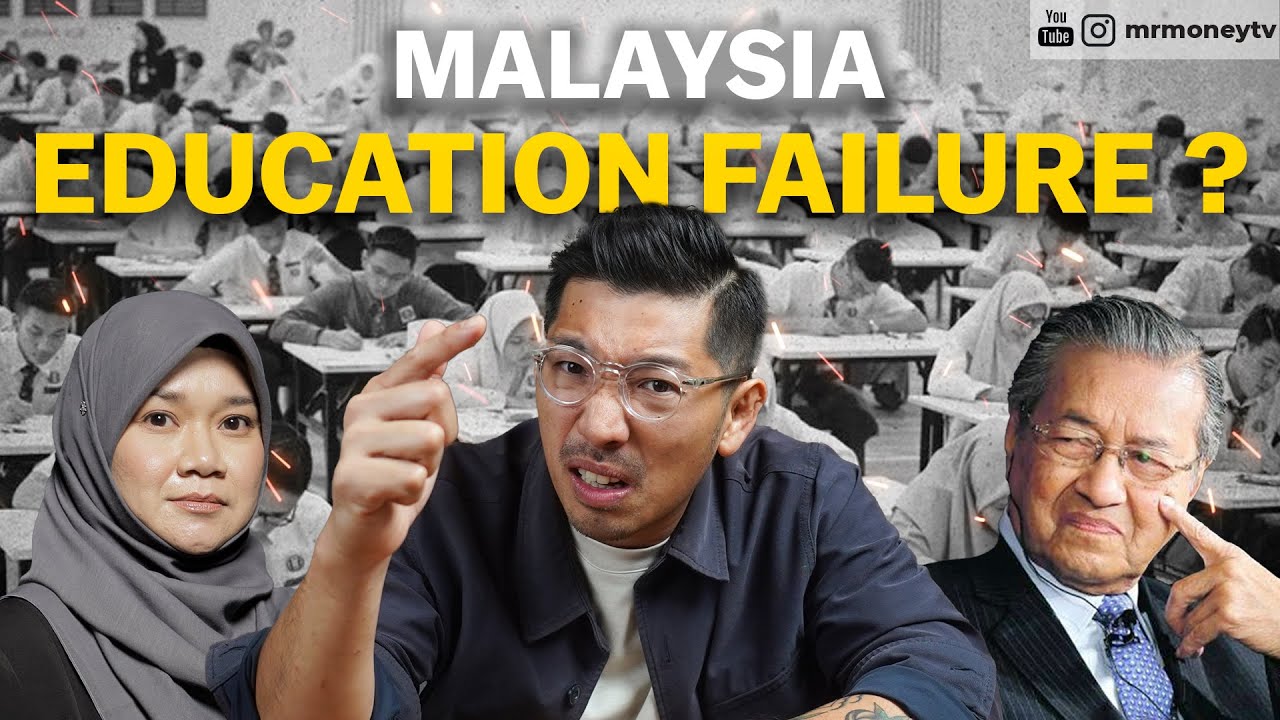PROBLEMATIKA DALAM PENDIDIKAN ISLAM : GURU PAI
Summary
TLDRThe transcript discusses the need for evaluating Islamic education, emphasizing the importance of teacher performance and professionalism. It highlights that educators must possess relevant competencies to effectively teach their subjects, warning against hiring practices based on favoritism rather than qualifications. The speaker stresses the significance of discipline, particularly in time management, asserting that respecting time is crucial for successful education. The discussion concludes with a call to revolutionize Islamic education through collaborative efforts to enhance teaching standards and outcomes, underscoring the need for a commitment to quality education.
Takeaways
- 😀 Evaluating Islamic education is crucial for improving teacher performance and student outcomes.
- 📚 Teacher performance encompasses moral conduct, rational thinking, and effective teaching methods.
- 👩🏫 Professionalism is essential for Islamic teachers; they must possess competencies relevant to their subjects.
- 🔍 Competence is vital; teachers should be qualified in their subject areas, not just teaching based on personal beliefs.
- ⚖️ Schools often hire teachers based on favoritism rather than qualifications, leading to educational decline.
- 💔 Lack of teacher qualifications can result in decreased trust from parents and students in Islamic education.
- 🔄 There is a need for reform in Islamic education to ensure that teachers are well-prepared and competent.
- ⏰ Discipline and respect for time are key factors in achieving success in education.
- 💡 Time management is portrayed as a valuable resource that can enhance both institutional performance and student learning.
- 📖 The importance of time is emphasized in the Quran, highlighting its role as a precious asset.
Q & A
What are the key reasons for evaluating Islamic education as mentioned in the transcript?
-The key reasons for evaluating Islamic education include the importance of teacher performance, the need for professional qualifications, discipline in time management, and the overall effectiveness of educational institutions.
How does the speaker define teacher performance in the context of Islamic education?
-Teacher performance is defined as the ability and desire of educators to demonstrate their competencies effectively, including their moral conduct, rational thinking, and overall presentation.
What qualifications should Islamic educators possess according to the speaker?
-Islamic educators should have specific competencies related to their subject areas, meaning they must be experts in their fields, such as a mathematics teacher needing to be proficient in mathematics, not just knowledgeable in religion.
What problems arise from the current hiring practices in madrasahs?
-Current hiring practices often prioritize personal connections or superficial qualities over actual qualifications, leading to a decline in educational quality and effectiveness.
Why is discipline emphasized in the educational context discussed in the transcript?
-Discipline is emphasized because respecting time is viewed as respecting educational institutions and resources, which is crucial for the success and productivity of both teachers and students.
What role does time play in the speaker's perspective on education?
-Time is seen as a valuable asset and resource; valuing and managing it effectively contributes to better educational outcomes and reflects professionalism within the institution.
What is the speaker's view on the current state of discipline in Islamic educational institutions?
-The speaker believes that discipline in Islamic educational institutions is lacking when compared to general schools, which can negatively impact students and the institution's reputation.
How can madrasahs improve their educational standards according to the speaker?
-Madrasahs can improve their educational standards by ensuring that teachers are well-qualified, emphasizing the importance of discipline, and promoting collaboration among stakeholders to drive reform.
What does the speaker mean by the term 'revolutionizing Islamic education'?
-'Revolutionizing Islamic education' refers to the need for significant changes and reforms in teaching practices and educational structures to enhance quality and meet modern educational demands.
How does the speaker relate the importance of time to the teachings of the Quran?
-The speaker points out that the Quran emphasizes the significance of time, suggesting that respecting and valuing time is integral to the moral and spiritual teachings within Islamic education.
Outlines

This section is available to paid users only. Please upgrade to access this part.
Upgrade NowMindmap

This section is available to paid users only. Please upgrade to access this part.
Upgrade NowKeywords

This section is available to paid users only. Please upgrade to access this part.
Upgrade NowHighlights

This section is available to paid users only. Please upgrade to access this part.
Upgrade NowTranscripts

This section is available to paid users only. Please upgrade to access this part.
Upgrade NowBrowse More Related Video

Pembukaan Rapat Koordinasi Evaluasi Kebijakan Pendidikan

MODUL 3 PENGEMBANGAN KARIR GURU PAUD

KEBIJAKAN-KEBIJAKAN TENTANG GURU ~ Guru dan Mahasiswa Calon Guru Wajib Tahu..!!

Kebijakan dan Inovasi Pendidikan | Inovasi Peningkatan Profesionalisme Guru | Kelompok 8

Analisis Kebijakan Pendidikan Islam

Why Malaysia Education System Is A Failure?
5.0 / 5 (0 votes)